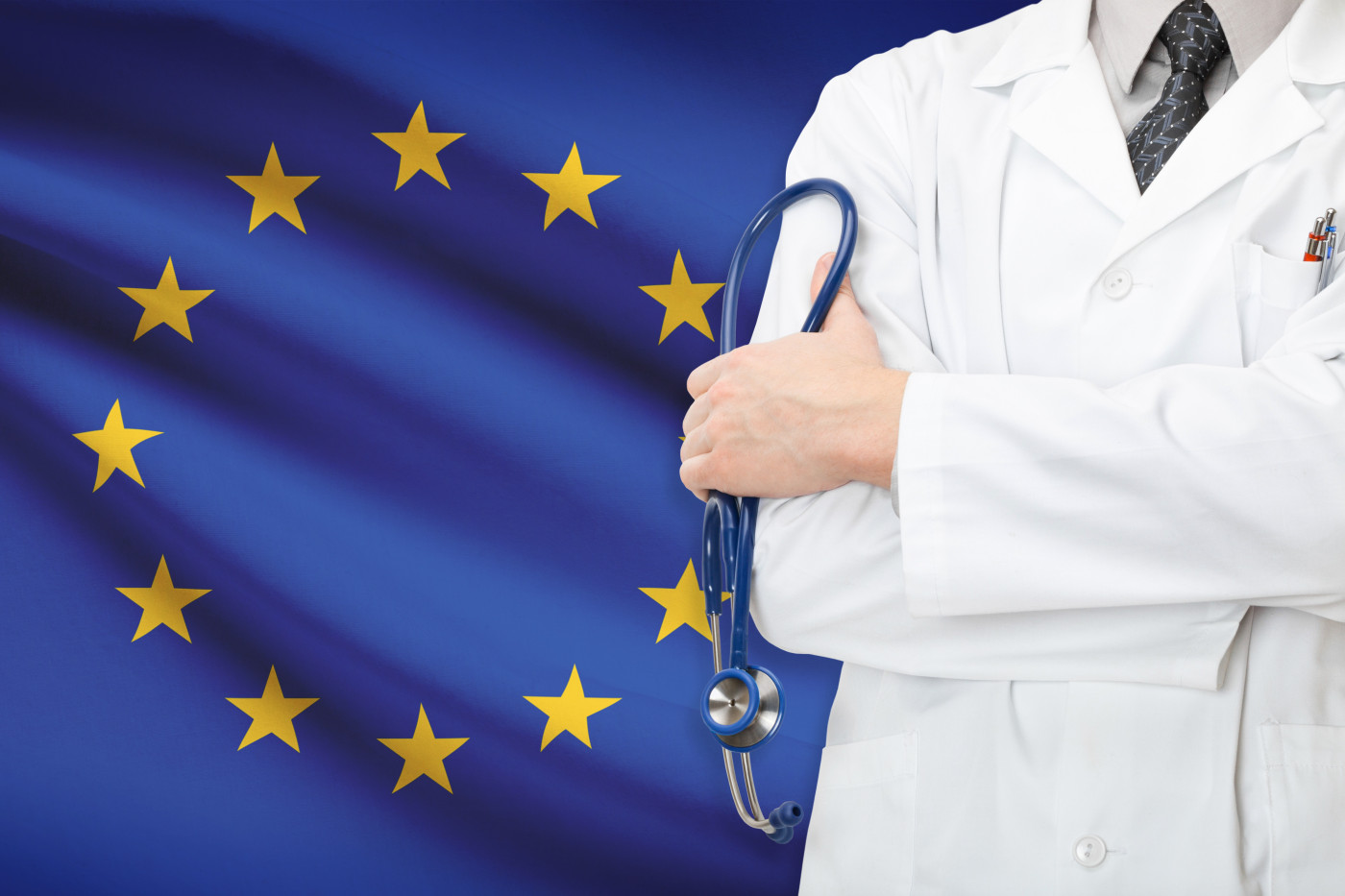EU Patients Satisfied with Treatment and Physically Active, Survey Finds
Written by |

Europeans with severe hemophilia are largely satisfied with available treatments and able to maintain active lives, according to a survey of healthcare professionals by the biopharmaceutical company Sobi.
Results also showed that 23 countries across Africa, South America, and Asia rely entirely on the World Federation of Hemophilia (WFH) Humanitarian Aid Program for access to medication.
Findings of the two-part study — Hemophilia Index 2020 — were released to mark the 30th annual World Haemophilia Day on April 17.
“As 2020 marks the 30th anniversary of World Haemophilia Day, it is our hope that this study can illustrate the progress that has been made in managing the condition so far, while also drawing attention to areas we can work to improve as a community,” Philip Wood, head of hematology at Sobi, said in a press release.
“Just like anybody else, people living with haemophilia should have the right to pursue the opportunities they desire in life no matter where they live,” Wood added.
Sobi’s products include Alprolix (eftrenonacog alfa), a factor IX replacement treatment for hemophilia B, and Elocta (efmoroctocog alfa), a factor VIII replacement treatment for hemophilia B. Both are approved for use in the European Union.
Its report first analyzed responses by hematologists working at 19 European hemophilia treatment centers, and then data from 46 countries based on the 2016–18 WFH Global Survey report.
In its first part, Hemophilia Index 2020 showcases statistics about medications available to prevent bleedings in people with hemophilia A or B, the number of hemophilia patients per 1 million people, and scores for physical activity, quality of life and satisfaction levels.
Information on these three scores was obtained from 280 responses to the European survey conducted in March by Sobi. Scores ranged from 0 to 100, with higher scores corresponding to greater satisfaction, quality of life and physical activity levels.
Results showed that patients from Italy, Slovakia, and Norway had the highest levels of physical activity — which could include light exercise such as swimming, and high-impact contact sport such as hockey — with scores of 100 (Italy), 96.6 (Slovak Republic) and 96.1 (Norway). Patients in Estonia (40.5), Belgium (69.1) and Poland (76.2) engaged in physical activity less frequently.
Countries with the best quality of life for patients were Germany (100.0), Switzerland (98.3), and Italy (95). Regarding patient satisfaction, Switzerland and Sweden both had 100 scores, followed by Germany (98.4) and Italy (97.9).
In turn, Estonia, Belgium and Poland had the lowest physical activity scores: 40.5, 69.1 and 76.2, respectively.
Poland and Spain (both 71.4), Estonia and Belgium (78.2), and Hungary (79.8) showed the lowest quality of life levels. The lowest satisfaction scores were observed in Estonia (42.9), Poland (84.1), Hungary and Portugal (both 89.1)
In the second part, Sobi collected data from the WFH Annual Global Survey to report the percentage of factor VIII (for hemophilia A) or factor IX (for hemophilia B) replacement therapy made available through humanitarian aid in 46 countries around the world.
Results showed that these therapies are solely provided by the WFH humanitarian Aid Program in 23 countries in Africa, South America, and Asia.
Hemophilia Index 2020’s complete data set and methodology can be found here.


